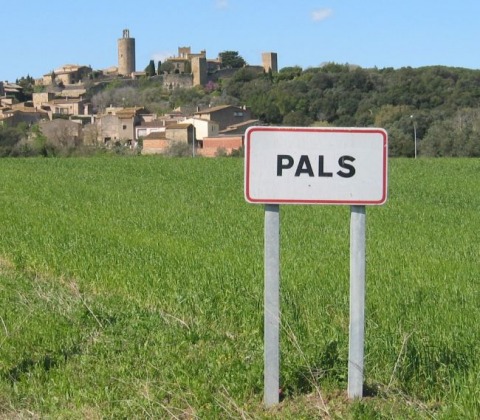
This letter was from a high school student – and this is fourth (and last, for now) in a short series of reruns of old columns which I wrote many years ago, as the fictional Professor Theophilus, in an online magazine for Christian college students. Several people have been kind enough to say that my Ask Theophilus columns kept them sane in those days.








